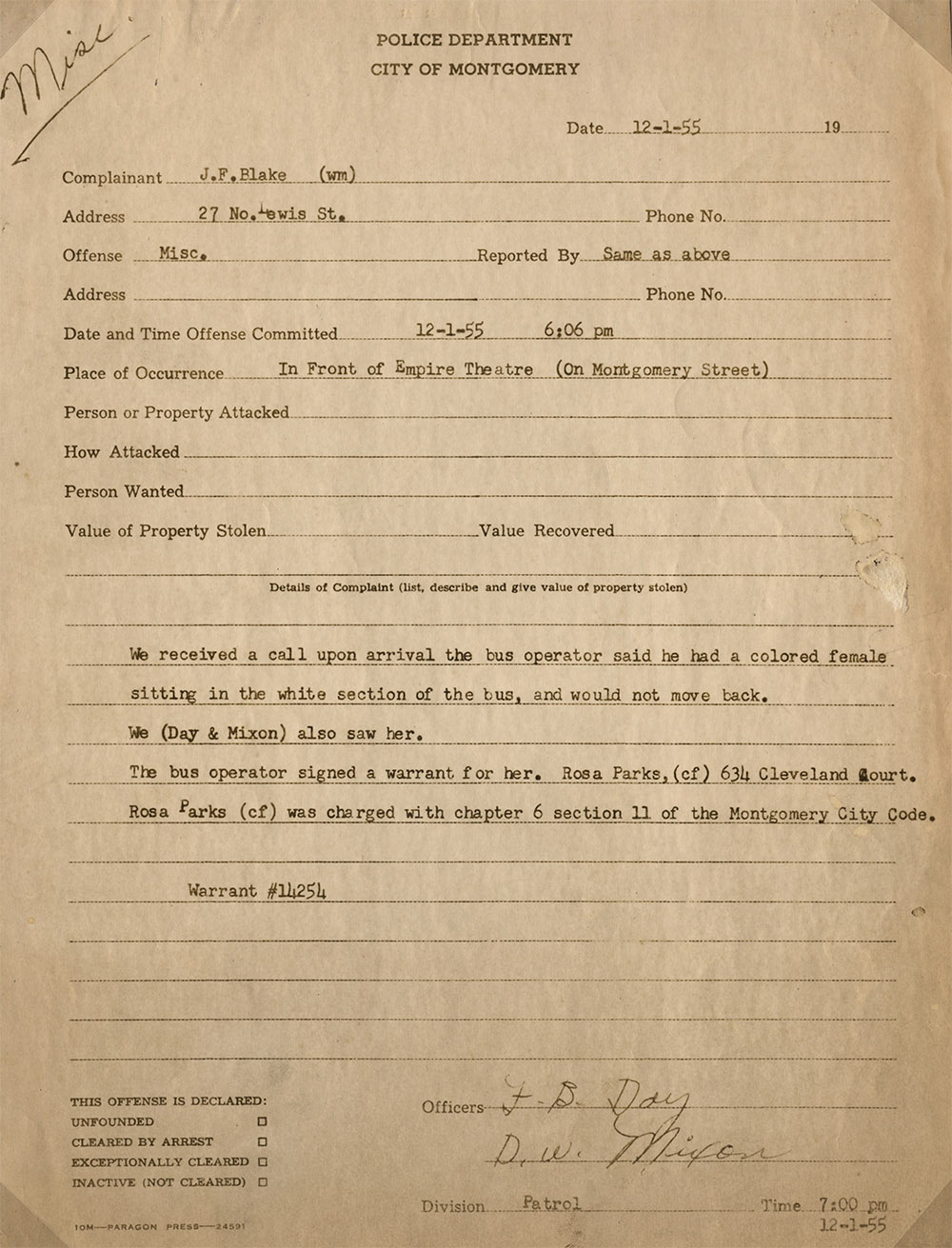
A healthy family, a healthy country,
a healthy world – all grow
outward from a single
superior person.

The hexagram Chia Jen concerns the proper foundation of human communities. The I Ching teaches that all clans must have a superior person at their center if they are to prosper and succeed. Therefore, in order to improve our family, company, nation, or world community, we must begin by improving ourselves.
If you will observe healthy families you will always see present in them three qualities: love, faithfulness, and correctness. When we truly love others, we are naturally kind, gentle, and patient with them. When we are faithful to others, we place proper principles and conduct above temporary influences like anger, desire, or greed. And when we practice correctness, we spiritually nourish ourselves and all those around us. When all three qualities are cultivated, a healthy clan springs naturally into being.
The difference between paying lip service to these ideals and practicing them is profound. If you advocate high ideals and actions to others but do not embody them yourself, your influence will disintegrate for lack of a proper foundation. Therefore, in order to inspire superior qualities in others, you must first instill them in yourself.

Concentrate not upon influencing others or external events but upon strengthening your inner devotion to proper principles. When modesty, acceptance, equanimity, and gentleness become deeply ingrained in your character, they will flow steadily out from from you.
Soon you will find yourself enmeshed in a web of healthy relationships, and in this there is great good fortune.

The I Ching, or Book of Changes
Hexagram 37, Chia Jen, The Family (The Clan)
Further guidance from the
Wei Wu Wei Ching:
Don’t try
to escape from
the movements of the world.
Remain in the midst of everything,
focused into the empty space
at the center of
your self.
Pouring your
whole being there without pause,
alert, quietly smiling, you detach from
clamor and chaos and become
independent and free.
From here you can
teach yourself
everything.
ebooks & apps of the Tao the Ching, I Ching,
Hua hu Ching, and Art of War for
You
can now buy
the I Ching as part of a
five-app bundle of Taoist classics
for iPhone or iPad for less than
the cost of one hardcover
book.



